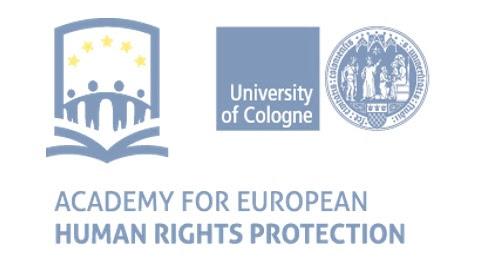Understanding the ECHR’s Impact on the UK

Introduction
The European Convention on Human Rights (ECHR) is a crucial aspect of the UK’s legal landscape, influencing various rights and freedoms since its introduction in 1953. Following Brexit, the role of the ECHR in the UK’s legal framework has become increasingly significant, raising discussions on the balance of adherence to human rights and national sovereignty. This article explores the current state of the ECHR in the UK, recent developments, and its implications for citizens.
The Role of ECHR in the UK
The ECHR was incorporated into UK law through the Human Rights Act 1998, allowing individuals to challenge public authorities in UK courts over breaches of their rights. The ECHR guarantees fundamental rights, including the right to life, prohibition of torture, and the right to a fair trial. Since its inception, the ECHR has played a pivotal role in shaping policies on civil liberties and human rights in the UK.
Recent Developments
In recent months, the topic surrounding the UK’s relationship with the ECHR has gained significant media attention. In September 2022, the UK government proposed reforms to the Human Rights Act, suggesting that it may need to withdraw from the ECHR to reinforce national sovereignty. This proposition has sparked debate about the potential for rights erosion and the protection of vulnerable groups in the UK.
Furthermore, the government’s efforts to tackle issues such as illegal immigration have drawn attention to how judicial reviews based on ECHR provisions could affect national policies. Ministers have argued for a more ‘British’ approach to human rights, focusing on practicalities in governance rather than abstract legal principles.
Implications for Citizens
The ongoing discussions around the ECHR have left many citizens questioning the future of their human rights protections. Legal experts warn that any moves to disassociate from the ECHR could undermine established rights and set a precedent for more authoritarian measures under the guise of national security. The UK’s commitment to international human rights obligations is now under scrutiny, especially in a post-Brexit landscape where legal frameworks are rapidly evolving.
Conclusion
As the UK navigates its future relationship with the ECHR, the debates surrounding human rights protections are more critical than ever. Stakeholders, including civil society groups, legal professionals, and government officials, must engage in transparent dialogue to balance the protection of individual rights with the necessity of legal reform. The government’s forthcoming decisions will undoubtedly shape the rights landscape in the UK for years to come and could serve as a litmus test for the UK’s commitment to international human rights norms.
